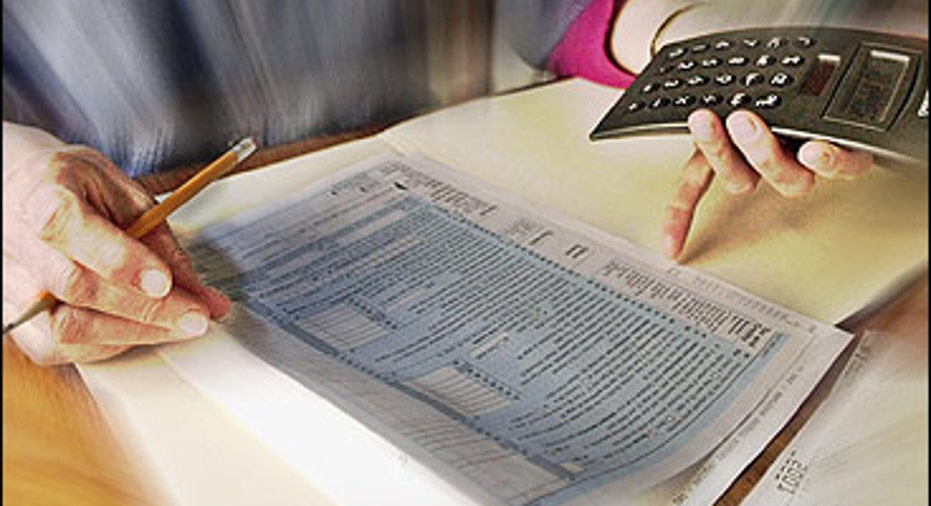What to Do if You Forgot to Pay Taxes

Tax attorneys and finance geeks aside, no one really likes doing their taxes. If you realize you made an error or forgot to include something in your tax return, you’re probably not going to be too eager to deal with it. What happens if you just … don’t?
All sorts of no-good, terrible, very bad things can happen to you if you ignore problems with your taxes. Before getting into that, let’s start with what you should do if you realize you messed up your tax return.
Forgotten Paperwork
A Reddit user recently posted about forgetting to file 1099s from a second job — they were from a few years back, but the writer wasn’t sure how to proceed, knowing the taxes should have been paid already.
In this case, the consumer needs to file an amended tax return, and the person can probably do this without the help of a professional, according to two experts from the tax resolution firm Top Tax Defenders.
James Hutchings, a certified public accountant for the firm, said forgetting to include 1099s in your original return requires filing form 1040X, which is kind of like a tax-return do-over (you can get the form on the IRS website). You update the information you previously filed, include the 1099s and submit the update to the IRS. It takes about 12 to 15 weeks to process, and if the tax return is more than three years old, you can’t get a refund.
It’s a pretty simple thing to address on your own, Hutchings said. You definitely want to be the one to take initiative, because if you leave it to the IRS to fix your problems, you’re dragging out the process and potentially hurting your finances along the way.
Your income has been reported to the IRS, so if they notice you didn’t include it in your tax return (whether it was an oversight or not), they’re going to send you an invoice for the taxes due, in addition to the penalties and taxes that come with overdue tax bills.
“As you ignore them, they get a little more stern with each letter that comes out,” Hutchings said. “If you ignore them too long, they will levy your bank accounts (and) your wages.”
The Cost of Ignorance
There are a lot of reasons you may find yourself in the same position as that Reddit user — you filed your taxes before you received all the paperwork, your tax forms were sent to the wrong address, or you genuinely missed a step when filing the first time. It could be helpful to work with a tax professional to make sure you include appropriate expenses and documentation when amending your return.
Then there are the people who “forgot” to pay their taxes i.e. decided not to do them. Here’s where your finances and your credit will take a huge hit.
“If you have many unfiled years, seek professional help,” said Priya Mishra, chief executive officer of Top Tax Defenders. “While they’re willing to help, they (the IRS) sometimes can get quite aggressive.”
It starts with overdue taxes, which become more expensive as penalties and interest are added to the bill. If you fail to pay, the IRS can seize your property, wages or bank accounts. A tax lien (explained here) is a matter of public record and will be included on your credit report, and tax liens are nasty, ugly financial zits that every potential lender will notice, potentially causing them to turn away from you in disgust. You do not want a tax lien on your credit report, but if you happen to end up with one, here’s how to make it go away.
With a tax lien on your credit report, your credit score will suffer, and credit scores play a large role in whether you can get loans and credit cards, in addition to the interest rates you get on those products. As with most information on your credit report, the older a lien gets, the less effect it will have on your credit scores – you can see how your credit history affects your credit score using the free, interactive tools on Credit.com. Once you see where you stand, you can make a straightforward plan for improving your scores.
Read More from Credit.com



















